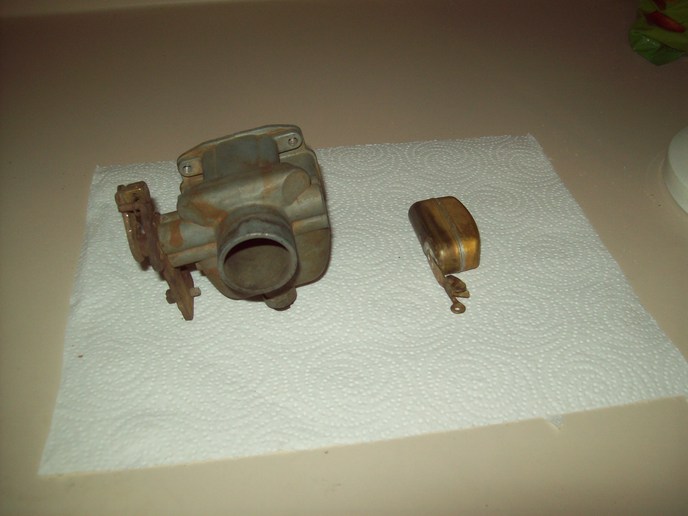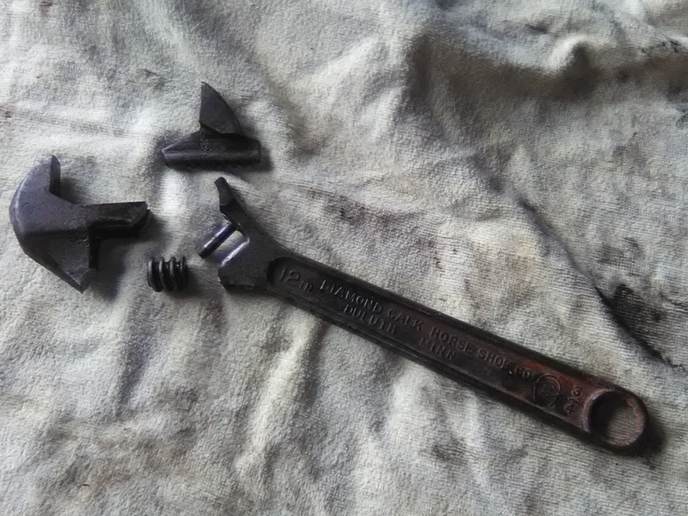Dave H (MI)
Well-known Member
I have this Elgin clock, all German works inside. When you wind the center hole it makes a clunking noise. The clock runs perfectly but not more than 20-30 hours at a time before unwound. Took it to a clock shop and was told it needed the entire insides replaced at a crazy price. They had it a total of 48 hours and my impression is they never looked at it. They were not interested in my description of what it was doing wrong. So my belief is the main spring is damaged. Clock has little value. Thought I would tackle it myself. Wondering how hard it is to do?




